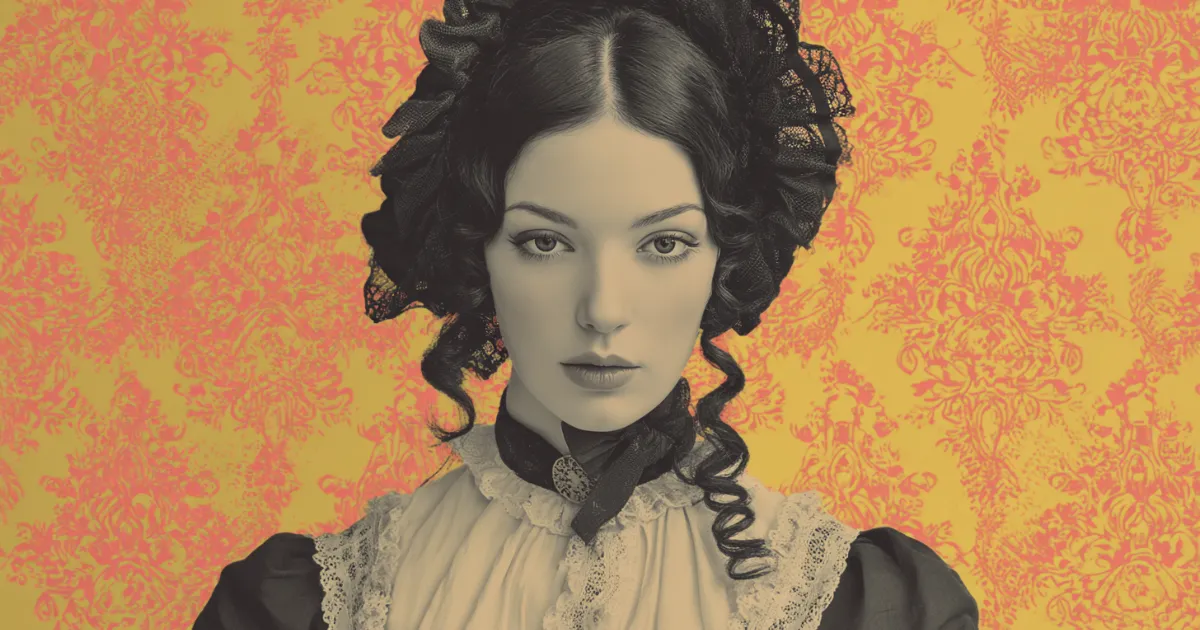
© History Oasis
Fashion in Victorian society demanded strict conformity. But the era’s elegant fashions masked a deadly reality. Social status drove people to wear clothing that poisoned, constrained, and killed them.

Victorian dressmakers used Scheele’s Green, an arsenic-based pigment, in women’s clothing. This toxic fabric slowly shed arsenic that women absorbed through their skin and lungs. The horror didn’t end there. Extended wear caused hair loss, skin damage, and death.
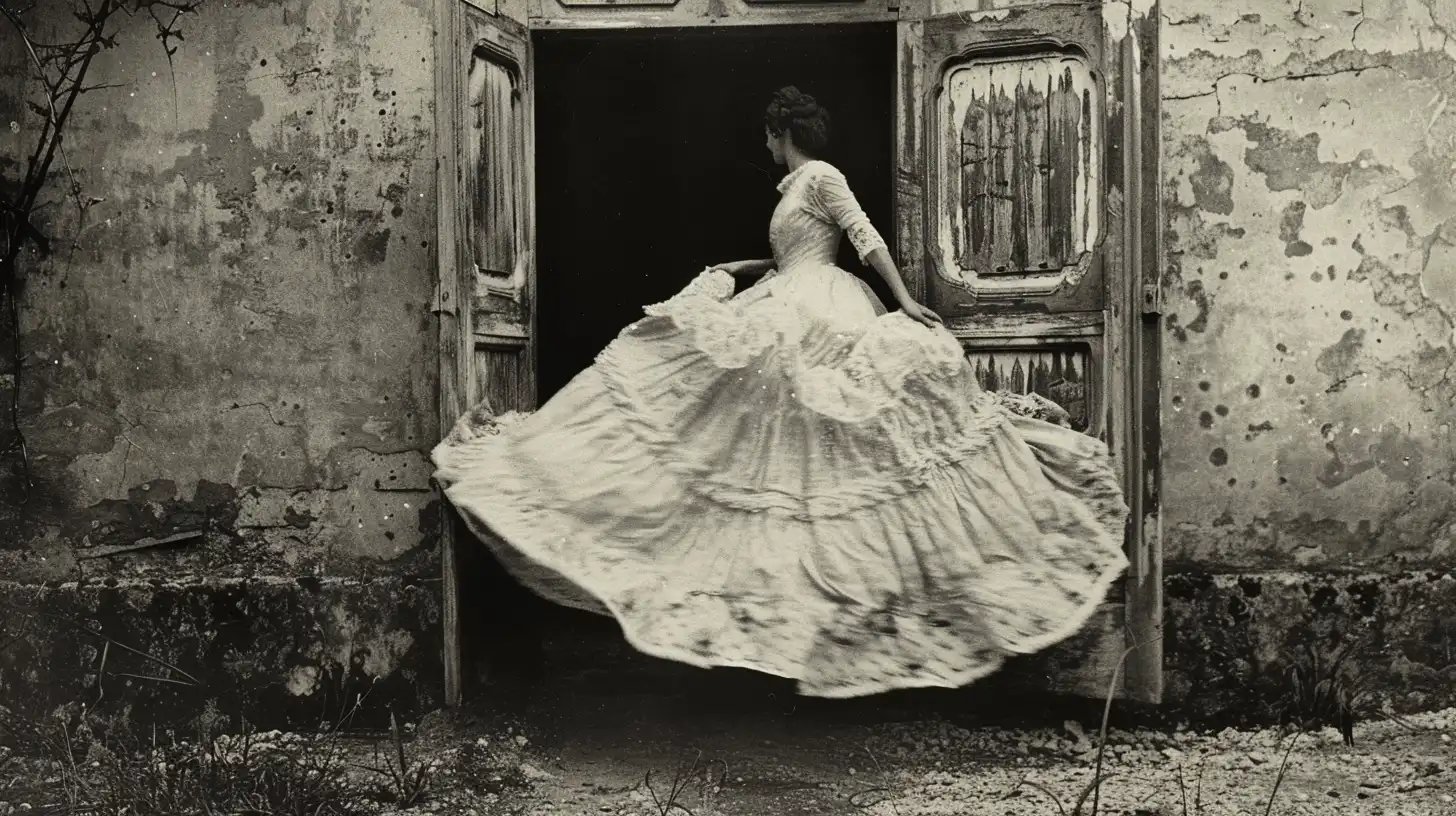
Crinoline hoop skirts reached 18 feet in circumference and weighed 15 pounds. Though elegant, most women struggled to pass through doors or navigate crowds. And most terrifying, the rigid steel frames sometimes caught on fire if they nicked a random candle. Which caused this distirbing fasion trend to become obsolete.
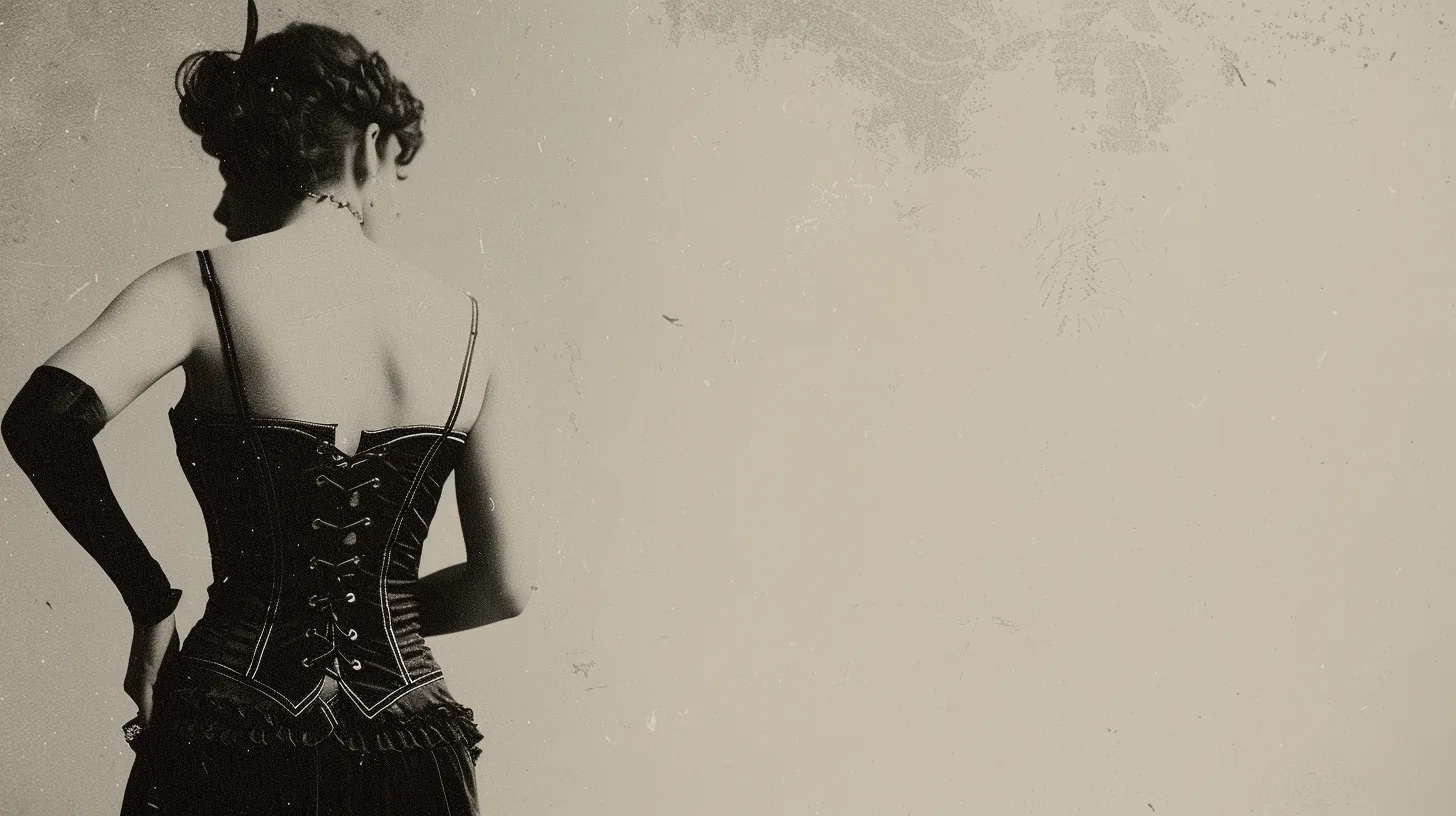
Victorian women were obsessed with the perfect hourglass figure. They used cinched corsets to extreme degrees to create tiny waists. But the practice restricted breathing, displaced organs, caused digestive problems, and reshaped ribcages.Doctors warned against their use, but women continued wearing them anyway.
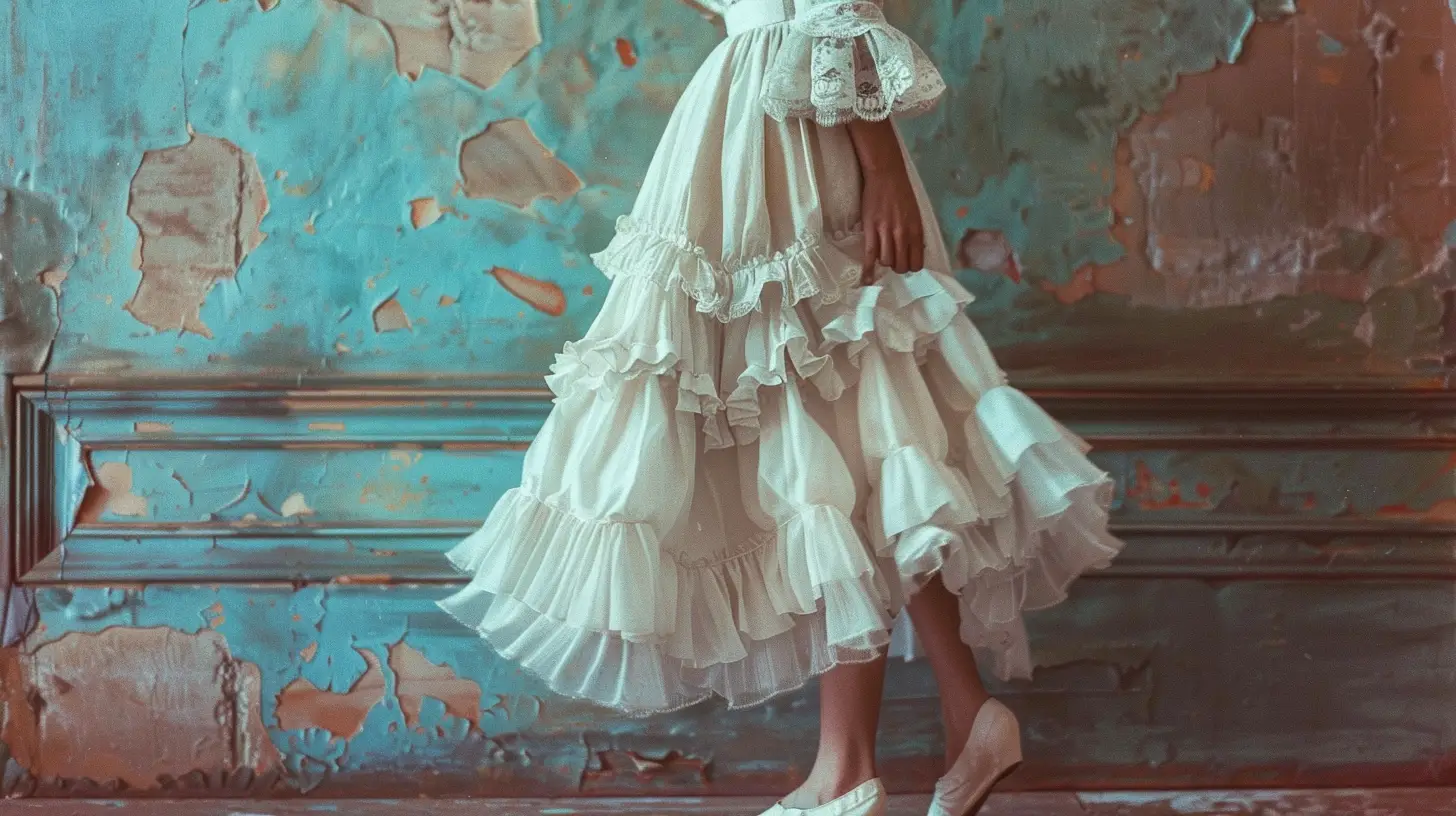
Victorian women also layered multiple petticoats beneath their skirts to achieve the desired silhouette. These cotton, wool, or horsehair undergarments weighed up to seven pounds and trapped heat against the body. Imagine a hot summer day without air conditioning. Using these garments easily caused heat stroke.
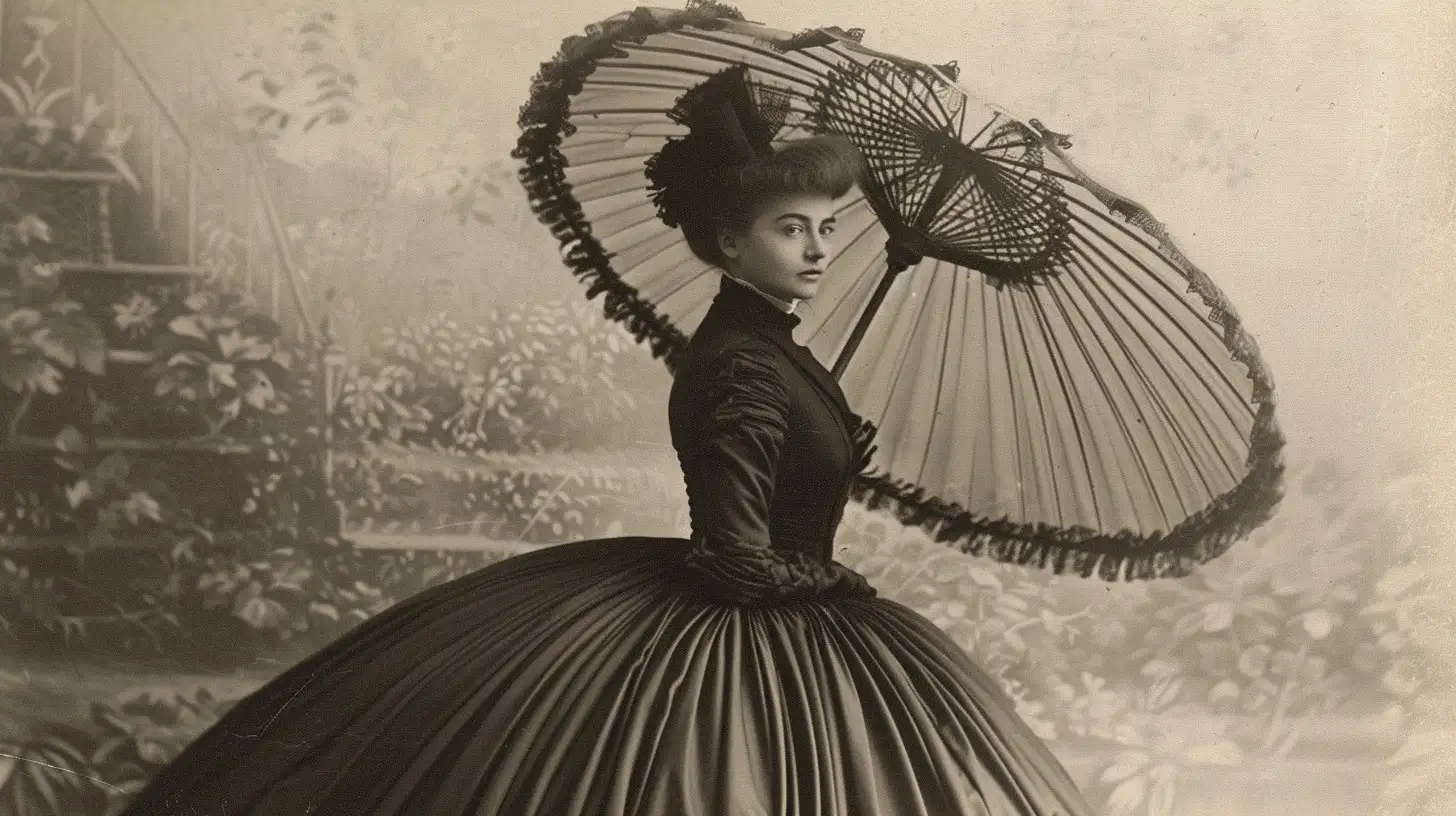
Late Victorian fashion replaced wide skirts with rear-projecting bustles made from horsehair or metal. It gave the women an artificially huge butt.
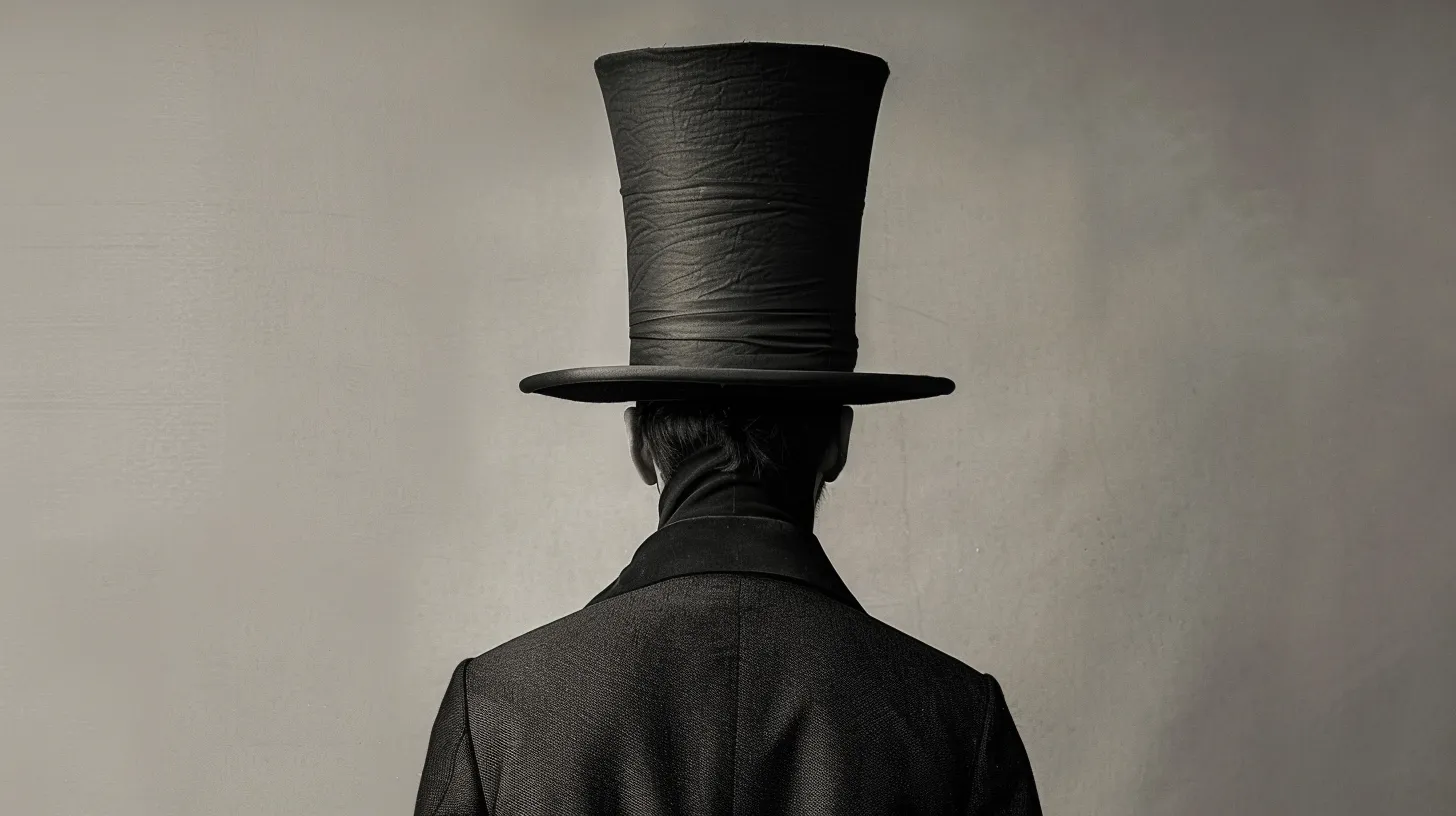
Top hats were beloved by Victorian men. Sometimes they reached eight inches tall. Made from beaver fur or silk, they displayed wealth but caused discomfort. Sadly, the hat production decimated beaver populations through mass trapping and killing. Almost driving the poor animals to extinction.
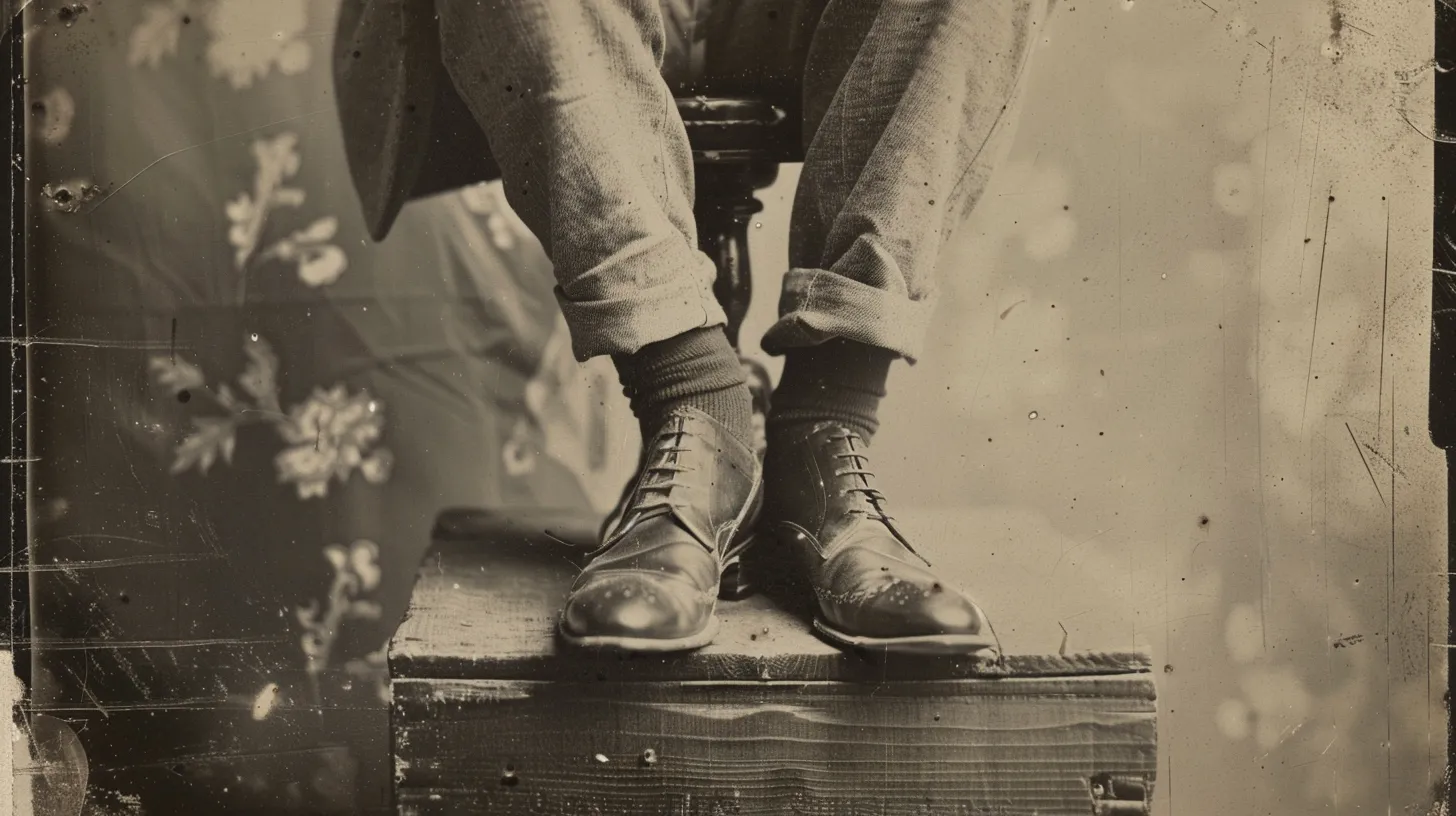
Victorian footwear prioritized pointed, narrow shapes over comfort. Both men and women developed bunions, hammertoes, and ingrown toenails. Many suffered chronic pain and later required surgery for foot problems.
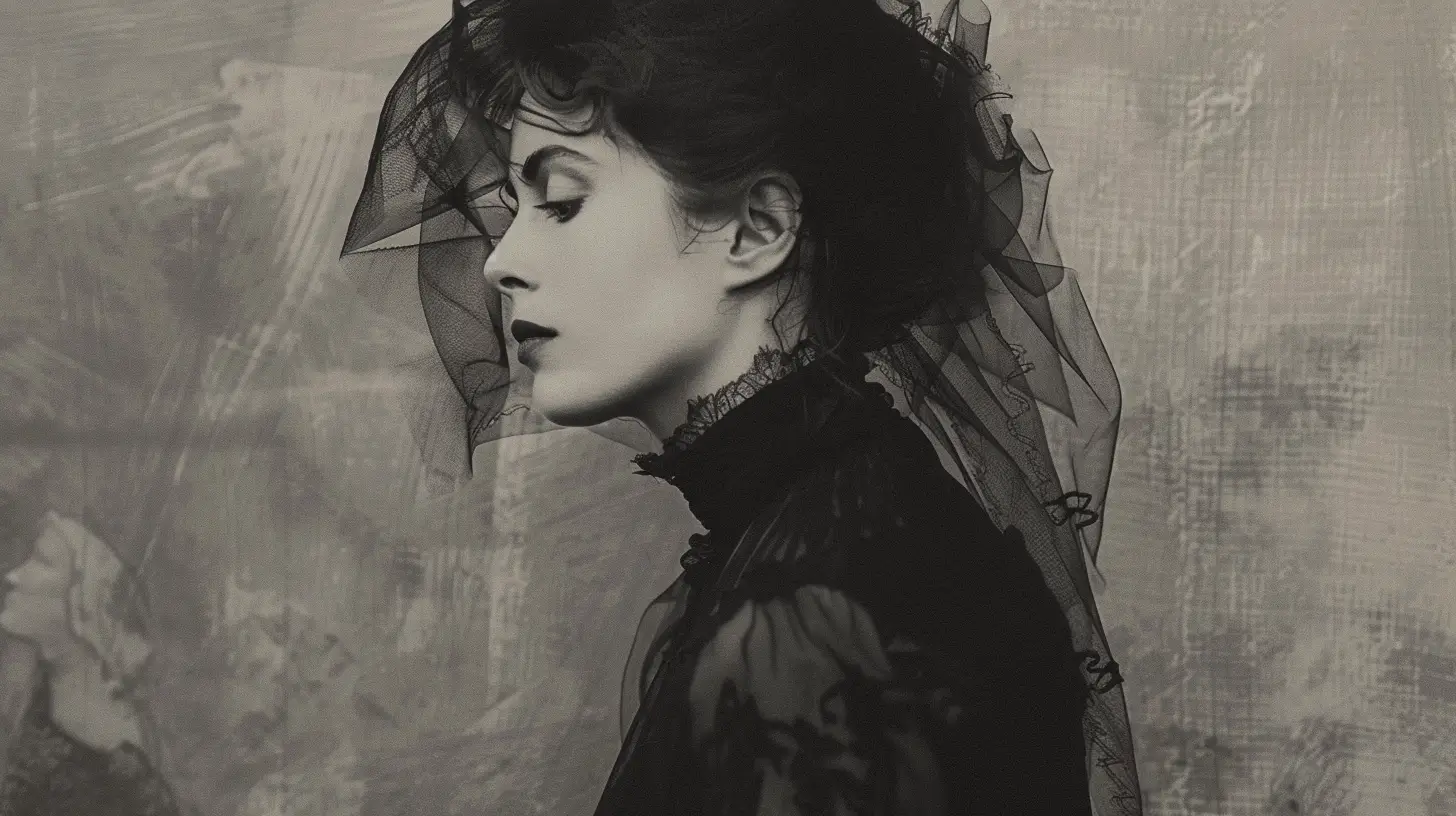
Widows were expected to mourn the death of their husbands long after their death. Victorian society regulated grieving dress codes rigidly. Widows wore black clothing for up to four years after their husband’s death.
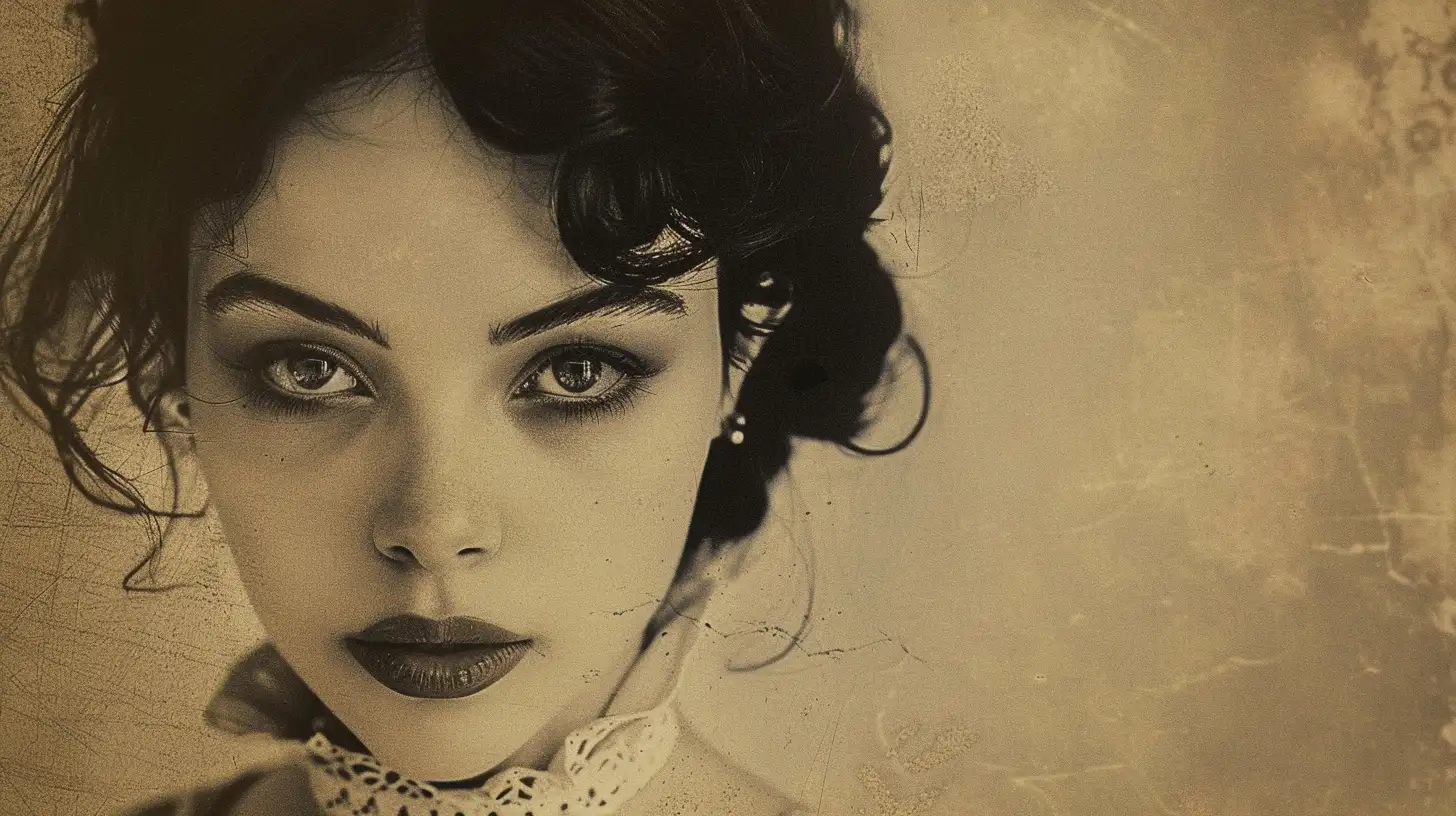
Women used toxic nightshade drops to dilate their pupils for a wide-eyed, youthful look. The belladonna created the desired dramatic effect but caused blurred vision, light sensitivity, and permanent blindness.
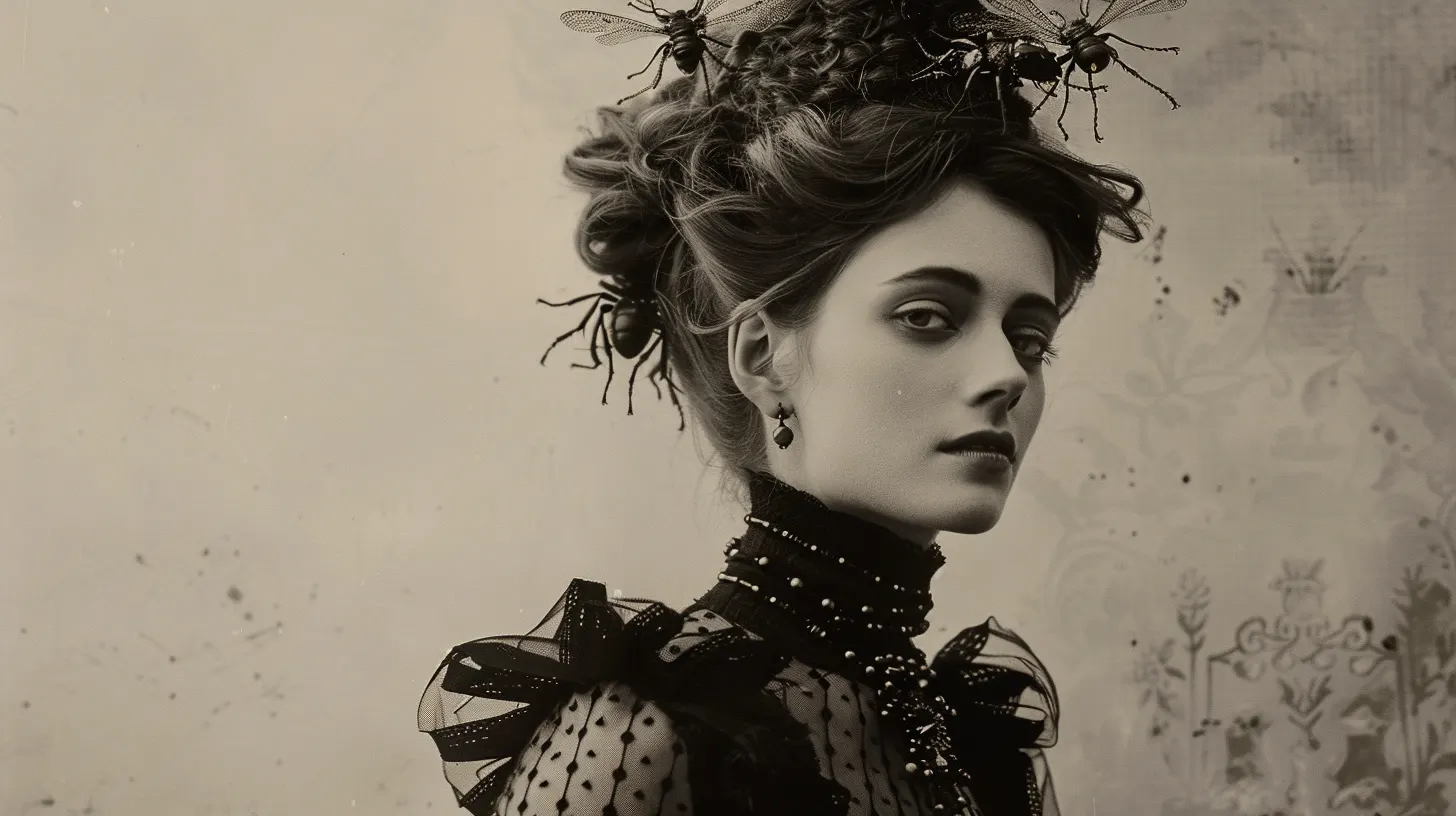
Victorian women wore living insects as accessories, as if they lived in a horror novel. Iridescent Brazilian beetles were the most popular, adorned with gems and chains. These moving ornaments symbolized eccentricity, wealth, and daring fashion choices.